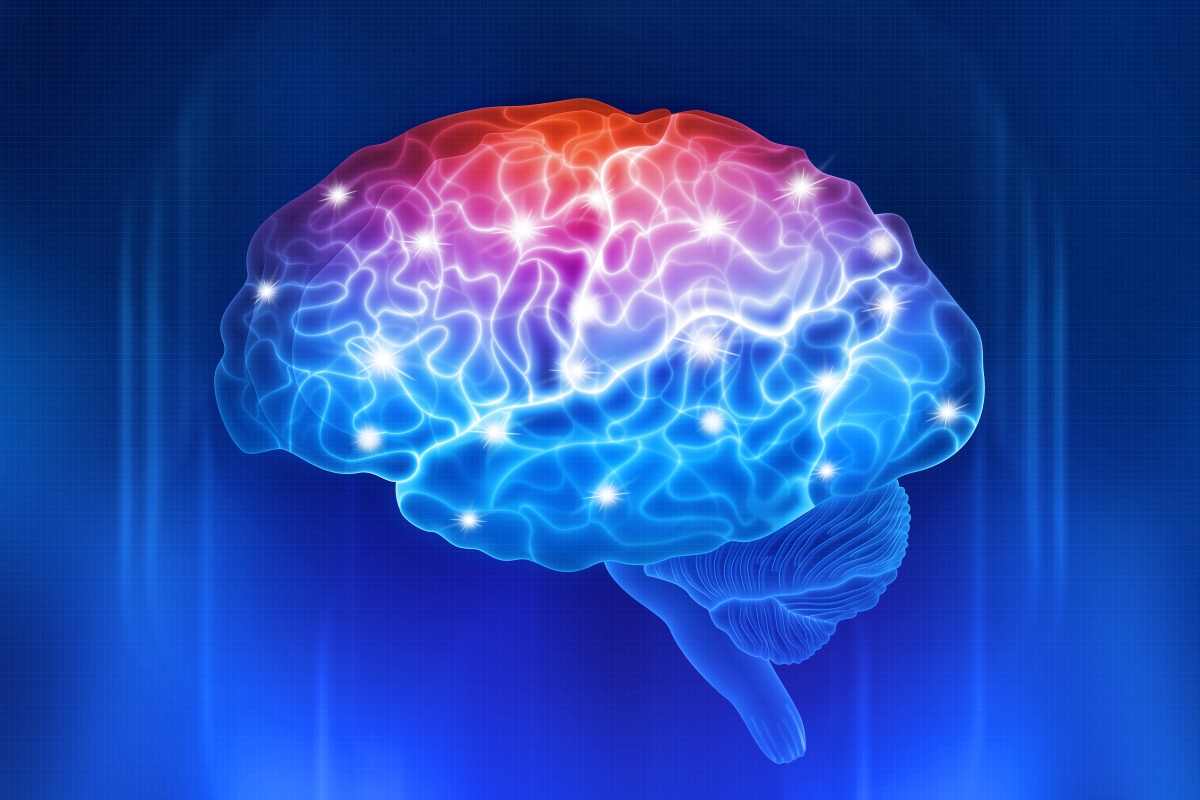Habitual daily intake of a sweet and fatty snack modulates reward processing in humans
The underlying processes for promoting excessive calorie consumption and weight increase by Western diets high in fat and sugar are unknown. Although there is a well-established link between obesity and altered brain dopamine function, it is unclear whether these changes are (1) pre-existing – and therefore – increase a person’s susceptibility to weight gain, (2) a result of obesity, or (3) are directly related to repeated exposure to the Western diet. In this randomized, controlled trial by Thanarajah et al. (2023), subjects of average weight were given the option of an 8-week high-fat/high-sugar refreshment or a low-fat/low-sugar snack in addition to their usual diet. The authors observed that, in the high-fat/high-sugar intervention group, a resulting reduction in the desire for low-fat food and enhancement of associative learning and neural responses to food independent of food signals or rewards. The authors conclude that high-fat, high-sugar meals directly impact neurobehavioral adaptations that may raise the risk for overeating and weight gain while also noting that these modifications were irrespective of changes in body weight and metabolic metrics. [NPID: Dopamine, fMRI, high fat diet, neural plasticity, obesity, prediction error, preference, reinforcement learning, reward, taste, value]
Year: 2023
 Navigation
Navigation






